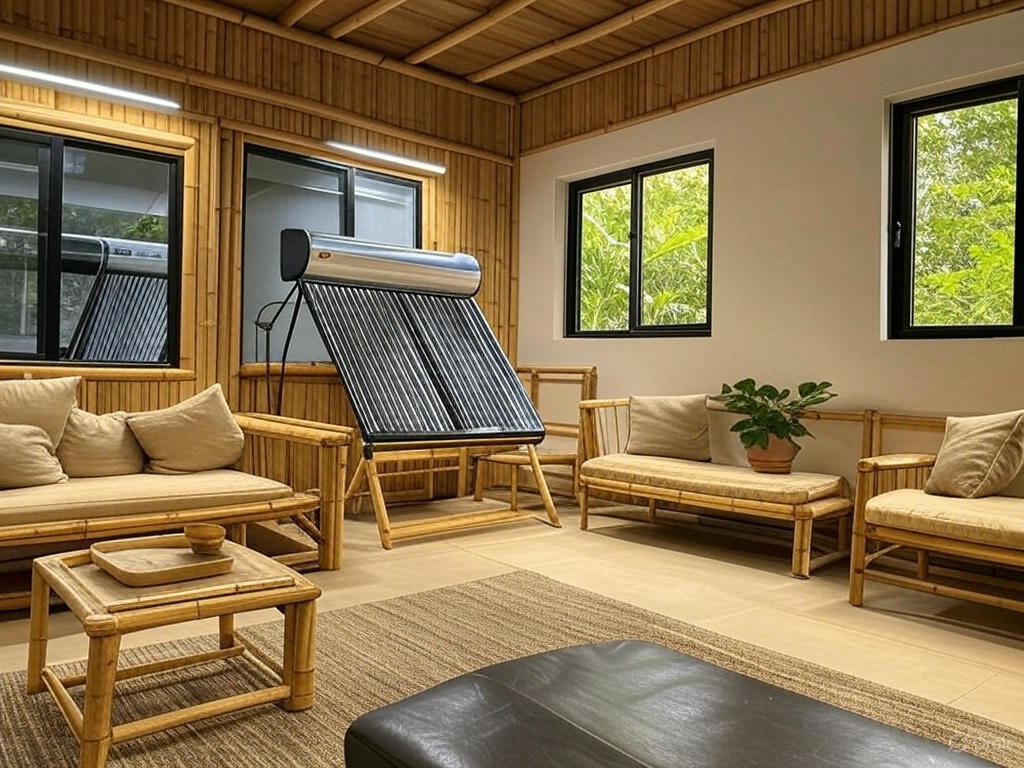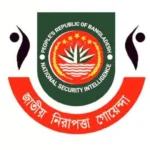Discover top sustainable products for eco-friendly living in Bangladesh. Reduce your carbon footprint with greener home solutions.

Eco-Friendly Living: Top Sustainable Products for a Greener Home in Bangladesh
In an era of escalating environmental challenges, the pursuit of eco-friendly living has become a global imperative. For Bangladesh, a nation grappling with over 14,000 tons of daily waste and the looming threat of climate change, this shift is particularly urgent. Rising sea levels, urban expansion, and resource depletion underscore the need for sustainable solutions. Fortunately, adopting sustainable products offers a practical pathway to transform Bangladeshi homes into greener, more environmentally conscious spaces. This article explores the top sustainable products and their applications, demonstrating how they can reduce the carbon footprint while enhancing quality of life in Bangladesh.
Also Read
- NSI-এর অভিযান, সফলতা ও বিশ্বপরিচয়: বাংলাদেশ গোয়েন্দা সংস্থার গোপন তৎপরতার বিশ্লেষণ
- NSI-এর ইতিহাস ও কার্যক্রম: বাংলাদেশের জাতীয় নিরাপত্তা গোয়েন্দা সংস্থার পূর্ণ বিবরণ
- NSI-এর শীর্ষ ১০ অভিযান ও কার্যক্রম: ২০১৫–২০২৫ সালের আপডেটসহ বিশ্লেষণ
- NSI-এর শীর্ষ ১০ অভিযান ও কার্যক্রম: ২০২৪-২০২৫ সালের আপডেটসহ বিশ্লেষণ
- NSI এর কার্যক্রম: ২০২৪ সালের জুলাই আন্দোলনে গোয়েন্দা সংস্থার ভূমিকা ও বিতর্ক
Eco-Friendly Building Materials in Bangladesh
The foundation of a sustainable home begins with its materials. In Bangladesh, locally abundant resources such as bamboo, jute, and recycled bricks present viable options for eco-friendly construction. Bamboo, widely available in rural regions, is a renewable material with a low carbon footprint, making it an ideal alternative to traditional timber. Jute, often dubbed the “golden fiber” of Bangladesh, serves as a sustainable insulator or textile, while recycled bricks reduce waste and energy consumption in urban areas like Dhaka. By leveraging these materials, Bangladeshi households can align with the nation’s environmental needs, minimizing resource depletion and supporting local economies.
Top Energy-Efficient Solutions for Bangladeshi Households
Energy consumption is a critical factor in achieving a greener home. Sustainable products such as solar water heaters, LED lighting, and energy-efficient fans offer practical solutions tailored to Bangladesh’s climate and infrastructure. Solar water heaters capitalize on the country’s abundant sunlight, providing an affordable means to heat water without relying on fossil fuels—a significant advantage in both urban apartments and rural homes. LED lighting, which consumes up to 80% less electricity than traditional bulbs, is another accessible option, while energy-efficient fans address the demand for cooling in Bangladesh’s humid conditions. These green solutions not only lower utility costs but also contribute to national efforts to reduce greenhouse gas emissions.
Advantages of Eco-Friendly Living in Bangladesh
The benefits of integrating sustainable products into Bangladeshi homes extend beyond environmental impact. Financially, households can save significantly on electricity and water bills through energy-efficient appliances and water-saving systems. Environmentally, these choices reduce the carbon footprint, a pressing concern in cities like Dhaka, where air pollution levels frequently exceed safe limits. Health-wise, improved indoor air quality from reduced emissions enhances well-being, particularly for families with children or elderly members. Collectively, these advantages support Bangladesh’s broader climate goals, as outlined in its commitment to the Paris Agreement, fostering a sustainable future for generations to come.
Integrating Sustainable Products into Bangladeshi Homes
Practical application is key to making eco-friendly living a reality. Rainwater harvesting systems, already familiar in rural Bangladesh, can be adapted for urban use to conserve water and reduce flooding risks—a persistent challenge during monsoons. Biodegradable cleaning products, made from natural ingredients, offer a safe alternative to chemical-laden options, protecting both health and local waterways. For urban dwellers, compact solutions like vertical gardens or reusable kitchen items (e.g., jute bags) seamlessly integrate sustainability into daily routines. These applications are not only affordable but also widely accessible through local markets, empowering Bangladeshi consumers to embrace green solutions.
Overcoming Barriers to Sustainability in Bangladesh
Despite the promise of eco-friendly living, challenges persist. The initial cost of sustainable products, such as solar panels, may deter low-income households, while limited awareness of their long-term benefits hampers adoption. Additionally, the availability of eco-friendly products in rural markets remains inconsistent, posing logistical hurdles. However, these barriers are not insurmountable. Government incentives, such as subsidies for solar energy, could offset costs, while community education campaigns could highlight the value of sustainable home practices. By addressing these considerations, Bangladesh can bridge the gap between aspiration and action, making greener homes a widespread reality.
Conclusion
Eco-friendly living in Bangladesh is both a necessity and an opportunity. From sustainable building materials like bamboo to energy-saving innovations like solar heaters, the tools for a greener home are within reach. These products offer tangible benefits—lower costs, cleaner air, and a reduced environmental footprint—while addressing the unique challenges of Bangladesh’s climate and economy. Start small: switch to LED lights, explore local jute products, or consult vendors for green solutions. Together, these steps can drive a collective impact, positioning Bangladesh as a leader in sustainable living. Embrace the change today for a healthier, more sustainable tomorrow.


